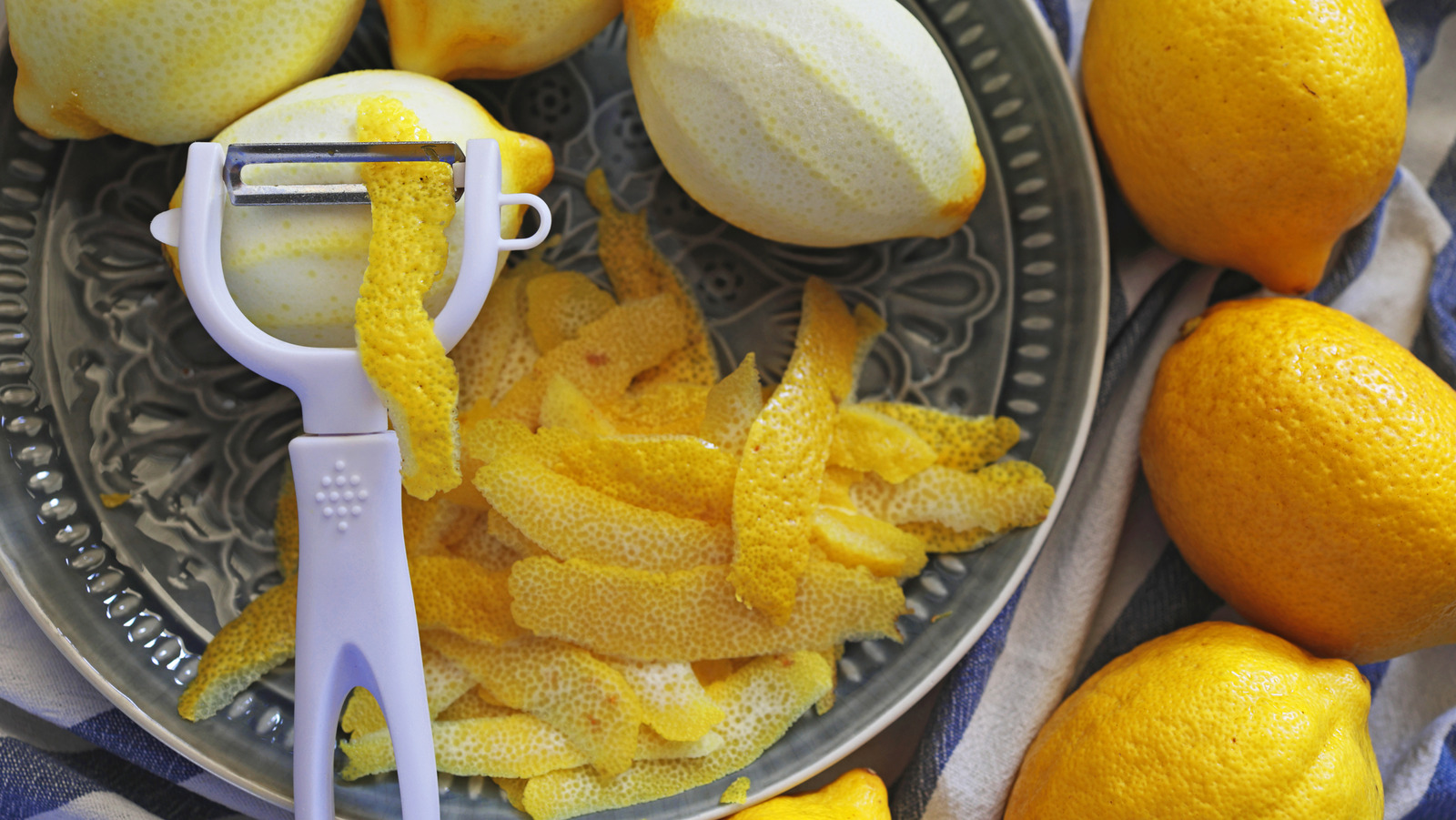
"There's a helpful symbiosis between your kitchen and your garden, as a whole range of food scraps can be turned into fertilizer, which in turn can give you more food. Lemon peels contain phosphorus, which is essential for healthy roots, potassium, for better fruiting and flowering, and nitrogen, which ensures your plants have plenty of lush green leaves."
"Lemons are acidic, which means plants that need acidic soil to thrive (such as potatoes, peppers, and azaleas) will benefit from tipping the pH level in the right direction. The flipside to this is that you should avoid using lemon peels around plants that prefer alkaline soils. This includes cabbages, asparagus, and lavender. This is the same reason you can't apply coffee grounds to all plants."
Kitchen food scraps can be converted into fertilizer to support plant growth. Lemon peels supply phosphorus for roots, potassium for fruiting and flowering, and nitrogen for lush foliage. Essential oils in the peels can deter pests such as aphids and mosquitoes. The acidity of lemons helps plants that prefer acidic soil, including potatoes, peppers, and azaleas, but can harm plants that prefer alkaline conditions like cabbages, asparagus, and lavender. Lemon peels can be composted, buried, or converted to a dehydrated powder by removing flesh and pith, drying, and blitzing, then applied sparingly around plants.
Read at Tasting Table
Unable to calculate read time
Collection
[
|
...
]